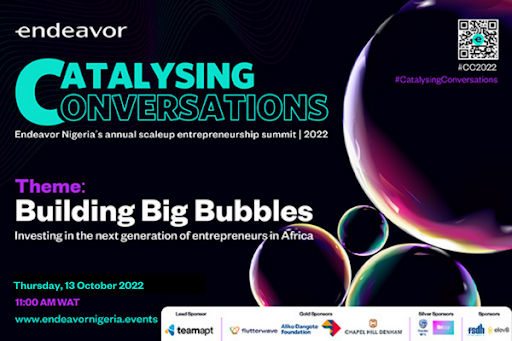
IN PARTNERSHIP WITH

Good morning ☀️
This year, WhatsApp seems to have taken the phrase “never enough” too literally.
In June, it increased the limit of participants in WhatsApp groups from 256 people to 512 people.
Now, three months later, it’s already testing out an upgrade that doubles the number of participants per group.
That’s right, very soon, WhatsApp will allow up to 1,024 people within groups.
The platform seems to be working up to its earlier-announced Communities feature which it is presently testing in select countries. Communities are basically large groups that host several other sub-groups. WhatsApp has confirmed that Communities will be released soon but it hasn’t specified a timeline.
With all these Slack-like updates—including sharing links to voice and video calls—coming to the most popular messaging app, the working man’s only hope is that corporations treat WhatsApp’s latest features the same way they treat suggestion boxes and “anonymous” surveys.
CRYPTO MARKET

|
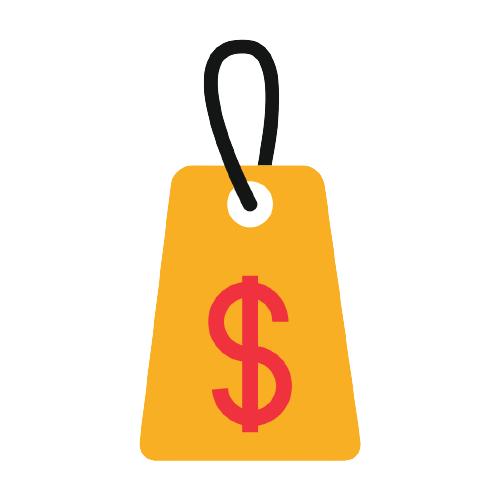
|

|
|---|---|---|
|
Bitcoin 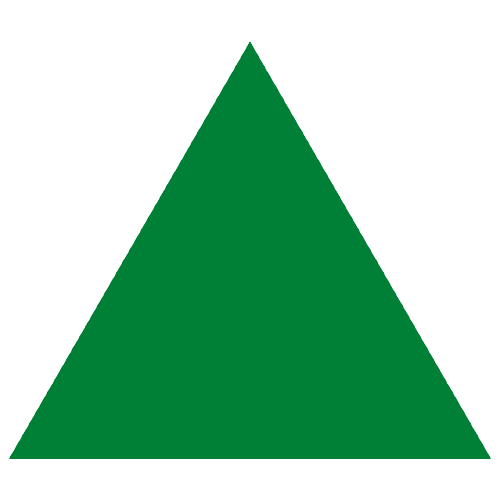
|
$19,091 |
+ 0.31% |
|
Ether 
|
$1,290 |
+ 1.05% |
|
BNB 
|
$272 |
+ 0.93% |
|
Solana 
|
$31.18 |
– 0.49% |
|
Cardano 
|
$0.39 |
– 0.66% |
|
|
Source: CoinMarketCap
|
|
* Data as of 05:30 AM WAT, October 12, 2022.
HARARE INSTITUTE OF TECHNOLOGY IS DEVELOPING ZIMBABWE’S CBDC
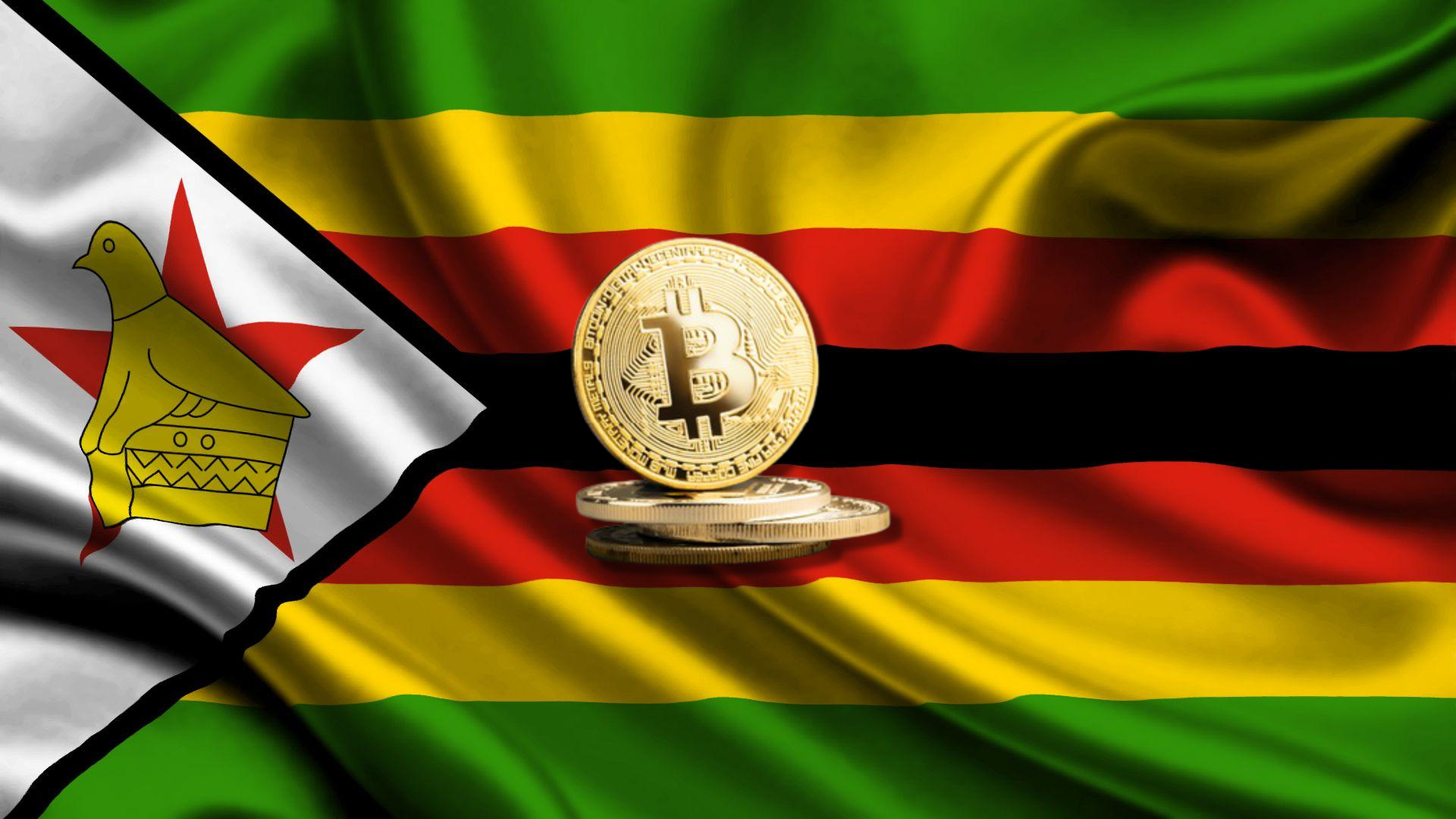
The Harare Institute of Technology (HIT) has announced that it is working on developing a central bank digital currency (CBDC).
The announcement was made at the institution’s graduation ceremony over the weekend, which was attended by Zimbabwean president, Emerson Mnangagwa.
But why?
The tertiary institution stated that it was developing the currency to reduce printing and transactional costs, and eliminate currency manipulation, cash hoarding, and black market currency trading.
So many questions
CBDCs, like the name implies, are normally developed and distributed by a country’s central bank. Zimbabwe’s, which is to be developed by the Harare Institute of Technology, is a unique case.
HIT vice-chancellor, Dr Quinton Kanhukamwe, did not touch on why but he stated that the project had so far covered “great mileage”.
Big picture: Southern African central banks seem to be warming up to the idea of CBDCs and cryptocurrencies in general. The South Africa Reserve Bank recently encouraged banks to work with crypto asset providers while the Bank of Nambia also announced that it is working on establishing a CBDC.
Don’t just send money, send money fast. Send and receive money directly to mobile wallets, bank accounts, Barter or through cash pickup with $end.
Visit send.flutterwave.com and do it now!
This is partner content.
NIGERIAN BUSINESSES MAY PAY MORE TO ADVERTISE ONLINE

If you think Facebook and Instagram ads are too expensive, Nigeria wants you to think again.
Earlier this year, Nigeria’s apex body for advertising regulation, The Advertising Regulatory Council of Nigeria (ARCON), sued Meta and its Nigerian public relations agency, AT3 Resources, to the tune of ₦30 billion ($69 million). Their reason? Meta wasn’t passing ads targeted at Nigerian users through them for vetting, and they were losing money as a result.
What money were they losing?
The money they believe should get to them when Nigerian businesses make sponsored posts.
According to ARCON, ethical advertising should translate to them vetting all sponsored posts and possibly collecting a range of ₦25,000 ($57.5) to ₦500,000 ($1,151) for vetting ads targeted at Nigerians.
The story starts with APCON
Before the present ARCON bill, there was the Advertising Practitioners Council of Nigeria (APCON) Act which was repealed in August 2022 to enact ARCON bill.
In a 2018 case against MIC Royal Limited, a furniture company that advertised on PUNCH without APCON’s approval, APCON maintained that it was the supervisory body for advertisement in Nigeria and should have been contacted for permission. The court eventually ruled against APCON, maintaining that its regulatory powers do not extend to entities that are not advertising practitioners.
But in 2022, two years after it lost its case against MIC, Nigeria’s president Muhammadu Buhari approved a new bill that recognises APCON as the apex authority for the Nigerian advertising industry and allows it regulate all advertisers regardless of if they’re advertising practitioners or not.
Zoom out: Nigerians already pay a 7.5% value-added tax on sponsored ads, making the cost of online advertising relatively expensive for most small businesses. If Meta loses the case and transfers ARCON’S cost of ad vetting to businesses, things are sure to get ugly for thousands of Nigerian businesses that rely on Meta’s platforms for online advertising.
AIRTEL AND ITS MONEY ARM GO PART WAYS
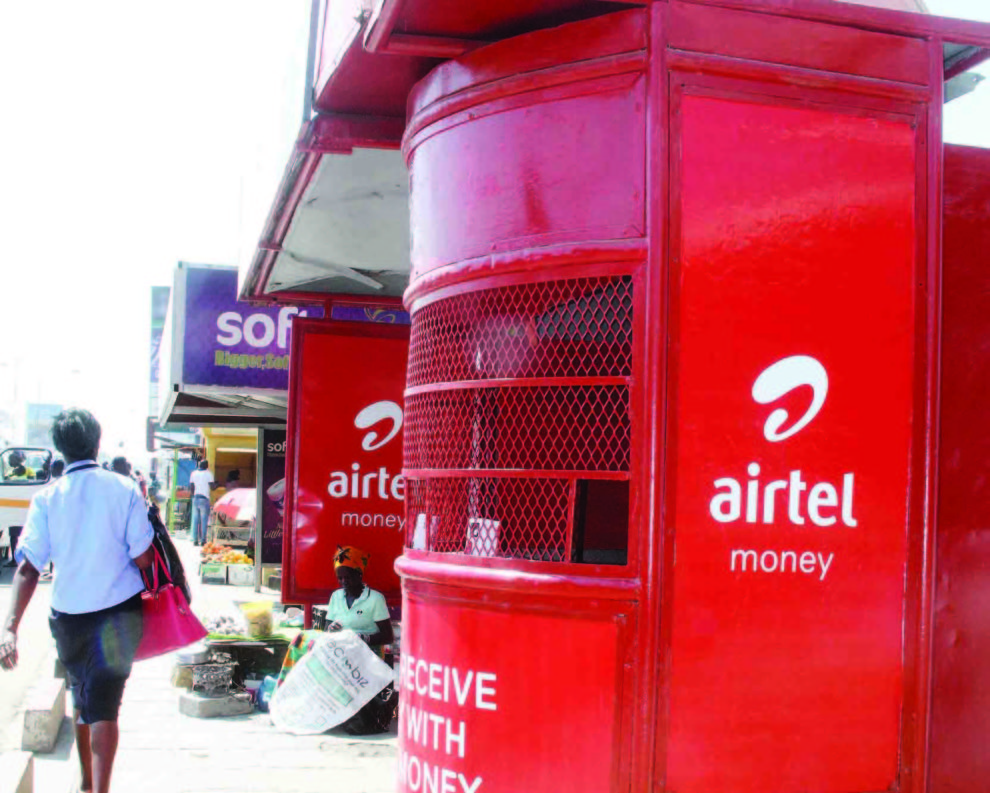
The Central Bank of Kenya (CBK) has announced the successful separation of the mobile money business from the telecommunications business, which were previously under Airtel Networks Kenya Limited (ANKL). Since 2019, ANKL has been in the process of making its mobile money arm a separate entity.
The CBK licensed Airtel Money Kenya Limited (AMKL) as a payment service provider (PSP) on January 21, 2022, and also granted a transition period to complete the transfer.
What does this mean?
AMKL and ANKL are now separate subsidiaries of Airtel Africa Plc, which has operations in 14 African countries and is listed on the London Stock Exchange.
Now AMKL is standing on its own feet outside the nest of its mother company and will have to find out for itself whether or not adulthood is a scam. This restructuring will give AMKL more independence and control over its operations. Airtel’s goal is to make its money arm lighter so as to accelerate its growth, strengthen its operations, and offer better services to its customers. More importantly, now that AMKL is a PSP, its activities will be regulated by CBK and isolated from the shocks unique to the business activities of Airtel’s telecommunication services.
A trend of divorce
Some other mobile money services owned by telecoms in the country are also towing this path.
M-PESA has begun its separation from its parent telecom company, Safaricom. According to the company, they will be separate entities by January 2023. Telkom Kenya’s T-Kash product seems to be on the path to operating as an independent mobile money service too. Smaller PSPs and competition regulators are welcoming and encouraging these moves as they level the playing field and facilitate healthy competition in the sector.
It is also a realisation of the CBK’s National Payments Strategy 2022-2025 which is to have “a secure, fast, efficient, and collaborative payments system that supports financial inclusion and innovations that benefit Kenyans.”
Increase your online sales with a Paystack Storefront – a free, beautiful seller page that helps you bring creative ideas to life.
👉🏾 Learn more at paystack.com/storefront.
This is partner content.
STEARS RAISES $3.3 MILLION
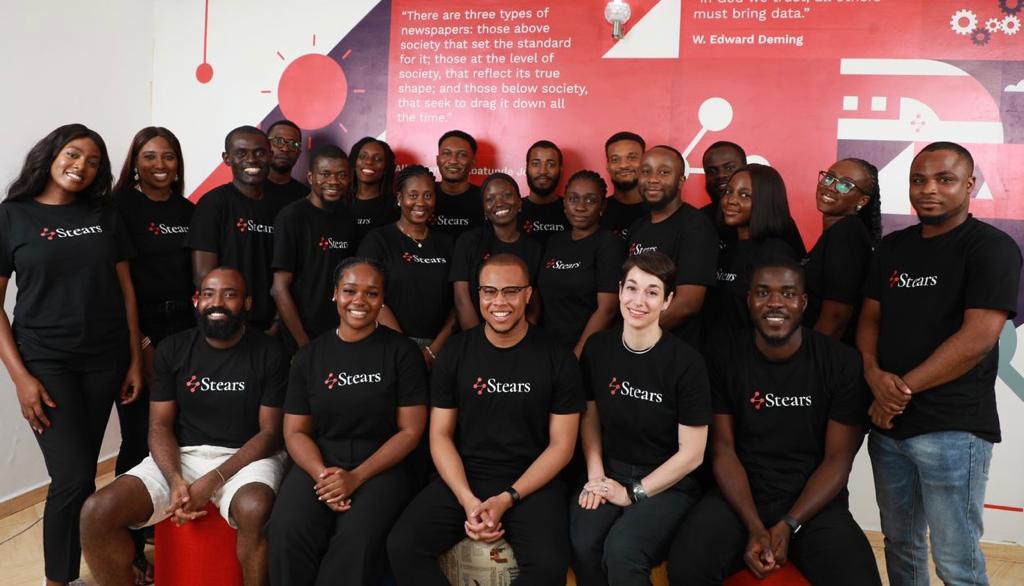
Stears, a Nigerian data and intelligence company, has raised $3.3 million in a seed round led by MaC Venture Capital. Retired tennis player Serena William’s VC firm, Serena Ventures, and others like Melo 7 Tech Partners, Omidyar Group’s Luminate Fund, and Cascador also participated in the round.
This announcement comes nearly a month after it received up to $100,000 in non-dilutive funding from the Google for Startups Black Founders Fund, and about three years after it raised $600,000 in pre-seed funding from Omidyar Group’s Luminate Fund.
With this fresh raise, Stears’ total cumulative funding has risen to about $4 million.
Stears over the years
Stears started out as a free publication focused on financial news and insights in Nigeria.
It launched in 2017 but came into the limelight in 2019 when it launched Stears Election, Nigeria’s first real-time election database. Now it provides data collection, production, advisory, and analysis services through its products and services. The company says its user base has grown organically at around 6.5% month-on-month in the past year, doubling its total number of users over the last year. Enterprise customers contribute 75% of its revenue, rising from 45% in 2021. According to the company, its revenue in the past 6 months of 2022 surpassed that for all of 2021.
Where will Stears steer the funding?
Stears is gunning to be the African version of data powerhouses and providers like Bloomberg and Thomson Reuters.
It is focused on providing proprietary and accurate data about African markets, which is often missing, outdated or poorly digitised despite great demand by operators, finance and policy professionals, researchers and even regulators. To this end, the company has said that it will use this fresh funding to get more intelligence teams on-ground in Kenya, South Africa, and Egypt. It will also expand its data coverage to target the needs of global professionals who want direct access to its data and insight.
EVENT: AFRICA FINTECH SUMMIT
The largest fintech summit in Africa comes to Cape Town from November 2–4.
Focused on driving exponential growth in fintech adoption, Africa Fintech Summit brings together Africa’s fintech innovators, business leaders, tech experts, policymakers, and investors at the forefront of Africa’s fintech transformation.
Register here for the #AFTSCapeTown: https://bit.ly/AFTSCTTickets
IN OTHER NEWS FROM TECHCABAL
Be Mobile Africa has launched a new service where African businesses can open EUR and USD accounts within 48 hours.
Google is playing the long game with its Africa-focused initiatives. Here’s how.
Does participating in major business events in Europe contribute to the growth of African startup founders?
Join Endeavor Nigeria on Thursday, 13 October 2022, as they host the 4th edition of their annual scale-up entrepreneurship summit, Catalysing Conversations. This year’s hybrid event, with TeamApt as the lead sponsor, is tagged “Building Big Bubbles… investing in the next generation of entrepreneurs”.
Register today at www.endeavornigeria.events.
This is partner content.
OPPORTUNITIES
- Expedia Group is inviting small businesses that have been existing for less than 10 years in the travel and hospitality industry to apply to its six-month remote accelerator programme. Among other things, selected participants will receive $20,000 in non-equity funding. Apply by October 21.
- The Fondation Maison des sciences de l’homme and the Institut Français de Recherche en Afrique of Nairobi are offering a three-month long fellowship in France for postdoc researchers from Kenya, Tanzania, Uganda, Burundi, Rwanda, and Eastern Congo (Kivu) who have presented their thesis from 2017. Laureates will receive a monthly stipend of €1,600 at the start of each month. Apply by December 9.
- If your startup or innovation is focused on climate-smart agriculture practices, apply to the THRIVE|Shell Climate-Smart Agriculture Challenge for a chance to win $100,000, a spot in a prestigious accelerator, publicity and more. Apply by December 11.
- Telecel Group’s African Startup Initiative Program is now open for applications. The 10 selected startups will receive €15,000 in cash each and benefits valued at more than €500,000, including credits from AWS, Google Cloud Services, Hubspot, and more. Apply by November 11.
What else is happening in tech?
- DeSpace Protocol is helping users navigate the DeFi and NFT space on one platform.
- A bill to make non-payment of salaries illegal in Nigeria has passed its second reading.
- There’s a fuel crisis in Kenya, and several people have resorted to burning plastic bags just to be able to cook food.
- Millions of Nigerian students may yet see the inside of a classroom as an eight-month national strike nears its end.












